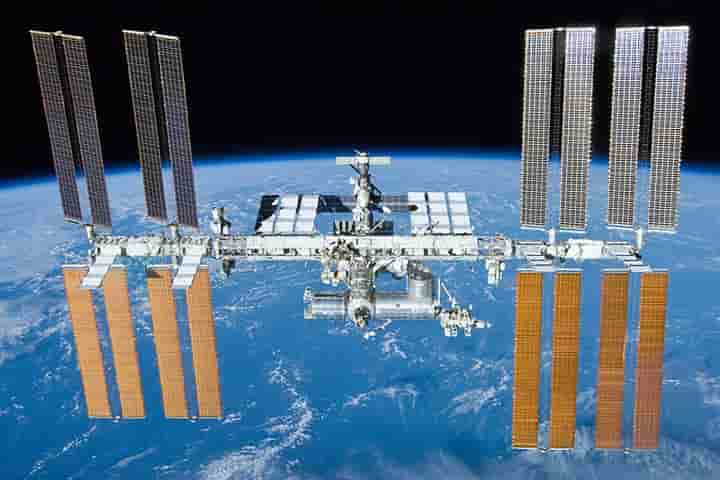The International Space Station (ISS) was destabilised on Thursday after engines of a newly-arrived Russian module inadvertently fired up a few hours after it was docked to the orbiting outpost, NASA officials said.
The seven crew members on board, comprising two Russian cosmonauts, three NASA astronauts, a Japanese astronaut and a European space agency astronaut from France, were never in any immediate danger, according to NASA and Russian state-owned news agency RIA.
Nasa tweeted that "the module's thrusters started firing at 12:45pm ET (16:45 GMT) inadvertently and unexpectedly, moving the station 45 degrees out of attitude".
The mishap forced Nasa and Boeing to push back an uncrewed test flight of Boeing's Starliner spacecraft to the ISS from 30 July to at least 3 August.
Also read: British billionaire Branson says he is not in race with US rival Bezos to fly into space
Flight teams on the ground managed to restore the space station's orientation by activating thrusters on another module of the orbiting platform, NASA officials said.
In its broadcast coverage of the incident, RIA cited NASA specialists at the Johnson Space Center in Houston, Texas, as describing the struggle to regain control of the space station as a "tug of war" between the two modules.
At the height of the incident, the station was pitching out of alignment at the rate of about a half a degree per second, Montalbano said during a NASA conference call with reporters.
The Nauka engines were ultimately switched off, the space station was stabilized and its orientation was restored to where it had begun, NASA said.
The 13m-long, 20-tonne Nauka is attached to the rear of the orbiting platform, linking up with the other major Russian segments on the station.
Nauka, named after the Russian word for science, will result in a significant increase in habitable volume for the ISS, raising it by 70 cubic metres.
Cosmonauts will use the extra space to conduct experiments and to store cargo. They'll also use it as a rest area, and it has another toilet for crew to use on the station.
According to BBC News, Nauka's installation comes just as Russia has been questioning its future role in the ISS project. Moscow officials recently warned about the more-than-20-year age of some of their on-orbit hardware and intimated the country could pull out of the station in 2025. And Russia has shown little interest in joining the US-led lunar platform, known as the Gateway, which will be assembled later this decade.




















